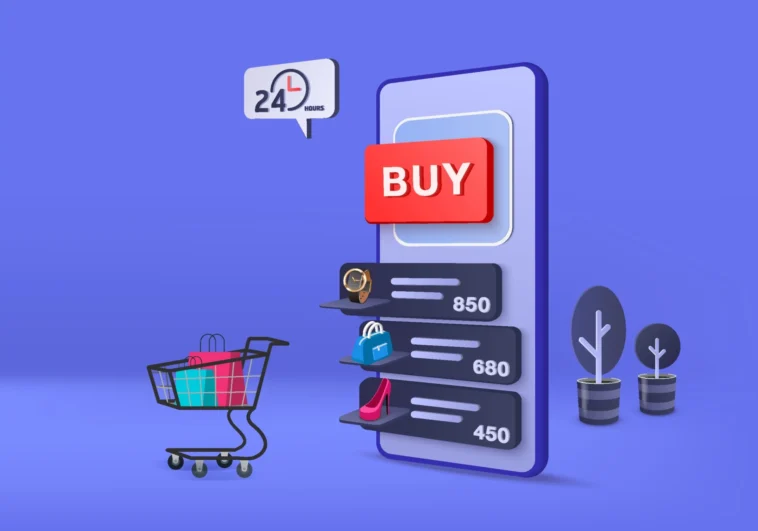Great, maintain a strong foundation! Then, what? Here are some pointers to help you step up your SEO performance in e-commerce website.
Put an end to duplicate content
Table of Contents
Online text that appears on more than one URL, whether it be on your own e-commerce website or on several others, is referred to as duplicate content. Because the search engines are unable to determine which version is the original and the most accurate, they are unable to rank any of them, which reduces the visibility of your store. On e-commerce websites, duplicate content is most likely to appear in three locations.

- Archive URLs
The URL serves as the page’s ID in the eyes of browser AI. Anything that prevents someone from interpreting it in their own way interferes with your ranking because it is supposed to be unique. Some of the most frequent e-store duplication issues involve tracking and sorting tools like cookies, session IDs, and faceted filters.
- Descriptions of goods from other companies
If your online store uses dropshipping, you might be tempted to just copy and paste the product descriptions provided by your suppliers. Don’t. There probably is a tonne of duplicate text out there because most, if not all, of their distributors are doing that. Instead, incorporate the crucial details while adding your own flair. This will distinguish your pages from the competition, improve your ranking, and possibly boost sales of those specific goods.
- Descriptions of the items you can buy there
If you produce and sell your own goods, you might have a variety of related items in various categories. It’s simple to change the details and use the same basic description for all of them, but doing so lowers each page’s ranking. Decide what sets each product apart from other comparable items and make that the selling point of its description. Instead, concentrate on highlighting their differences.
Make your URLs crawlable.
A decent URL will make it clear to the e-commerce website visitor what the page is about right away. When selecting your personal domain, try to include something that gives people a clear idea of what you do, such as the name of your business or a speciality.
The same is true for search engines: they must understand what each page is about right away. Therefore, you want each page’s URL to be short and easy to understand. If at all possible, use a keyword.
Read More:Play Store will Prompt You to Download an Update. If an App Crashes.
Utilize keywords wisely.
A page with too many keywords can easily backfire, turning off both search engines and real people. Select one or two keywords to focus on for each page, specific product, or service category. You can determine which keywords are most appropriate for that page with the aid of data analytics tools. Here are some first steps:
- Make a list of words that describe your product or service.
- Eliminate anything that doesn’t generate meaningful analytics results.
- Pick a few phrases that are particular to your products.
- Consider finding popular search terms that don’t yet have a lot of competition. Always consider the
- the perspective of a customer who is browsing.
Once you’ve chosen some quality keywords, use some of them as the anchor text for internal links that are placed strategically throughout your e-commerce website. One of the most effective ways to make a
Make sure search engines comprehend the connections between your website’s pages and how to rank them in your niche.
Fix any missing or broken links
When you revamp your e-commerce website, links break, content is relocated or modified, and you just overlook or forget about it. Fix it right away because search engines rely on your links to comprehend the organisation of your website, which raises the credibility of your online store.
To automatically notify engine AI that a link has been updated and to which page it now leads, one simple fix is to set up a 301 redirection. A user is much more likely to stay on your e-commerce website if they see a message that reads “The page you’re looking for has been moved to new link” rather than “Error 404”
In conclusion, optimise for both AI and live visitors to maximise the effectiveness of your SEO strategy. Avoid using the same content twice, use keywords wisely, and keep an eye out for broken links. This will enable you to maximise the functionality of your websites, enhance user experience, and raise the standing of your store among rival businesses.




